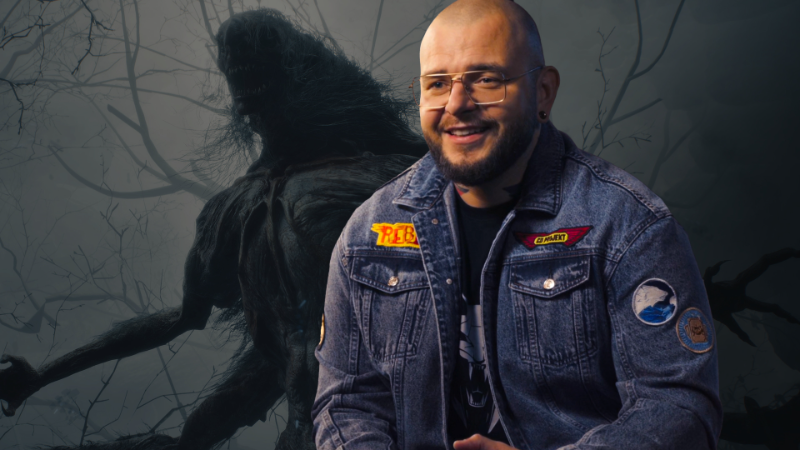
Bethesda’s studio design director still can’t get enough of Dragon’s Dogma 2, and this time, he’s praising a “sneaky design trick” that developers can’t always get away with.
Last week, Emil Pagliarulo, who heads up games like Starfield as Bethesda’s studio design director, lavished praise on Dragon’s Dogma 2. The Elder Scrolls and Fallout veteran said that “when people talk about the way Skyrim makes them feel, that’s how I feel playing Dragon’s Dogma 2,” which is huge praise for Capcom’s RPG, considering Skyrim’s often referred to as one of the more influential modern RPGs.
A few days removed from his previous comments, Pagliarulo is back for a second round of praise for Dragon’s Dogma 2. This time, though, the design director is focusing his praise for Capcom’s game on more specific parts of Dragon’s Dogma 2, and as you can see in the two tweets below, it turns out Pagliarulo is a big fan of the decision to put NPC dialog in text boxes.
The vast majority of lines in Dragon’s Dogma 2 are fully voice acted, except certain NPCs. Bjorn the armorer, for example, who runs the Armory in Vernworth, isn’t fully voice acted, and is one of the many NPCs who instead has all his dialog transmitted to the player via text boxes.
Pagliarulo says this is Capcom’s developers providing a workaround for cases where they want to add something new for a character, but can’t get the voice actor associated with the character back for more work. It’s not hard to see how Capcom could be stuck in a tricky situation if they wanted to bring an NPC back for DLC or an expansion, for example, only to find that the actor isn’t available anymore.
“Constraints be damned – offer more gameplay!” Pagliarulo says is sometimes the “better design decision.” That’s not always the case, obviously, which Pagliarulo definitely isn’t saying here, but it’s sometimes something that can be a neat little bonus for a game.
Pagliarulo also praises how the combat comes together, though not without making you feel silly at first. “You can play as a melee machine, and they shyly experiment with spellcasting,” he says. “You feel like a poser, a fraud, just trying to get the hang of it. Then there’s that moment you realize you’re not faking it anymore… and you’re Gandalf.”


